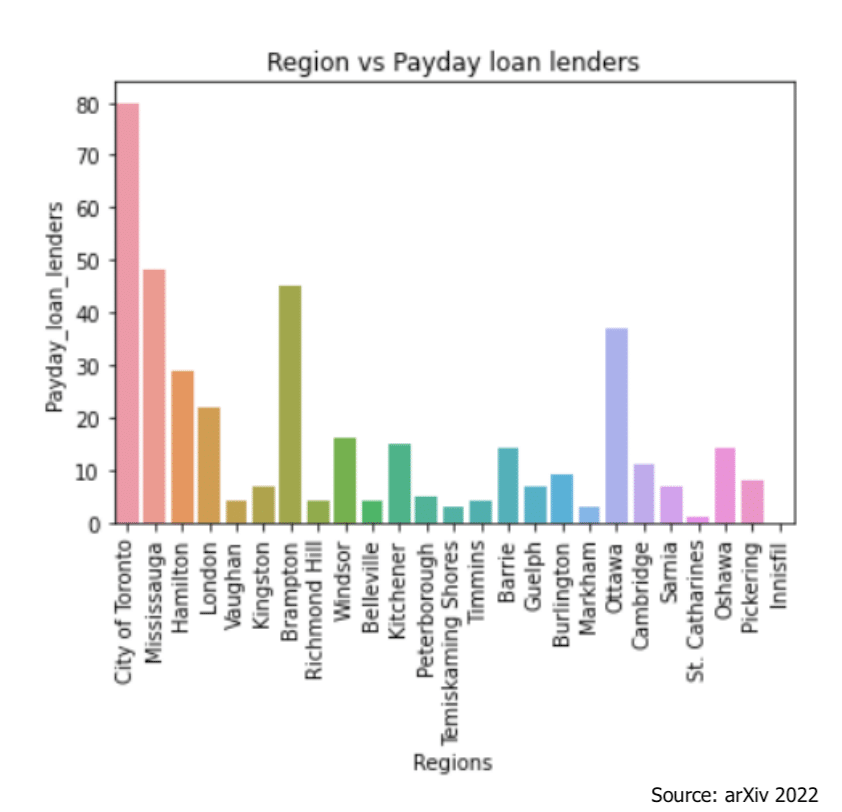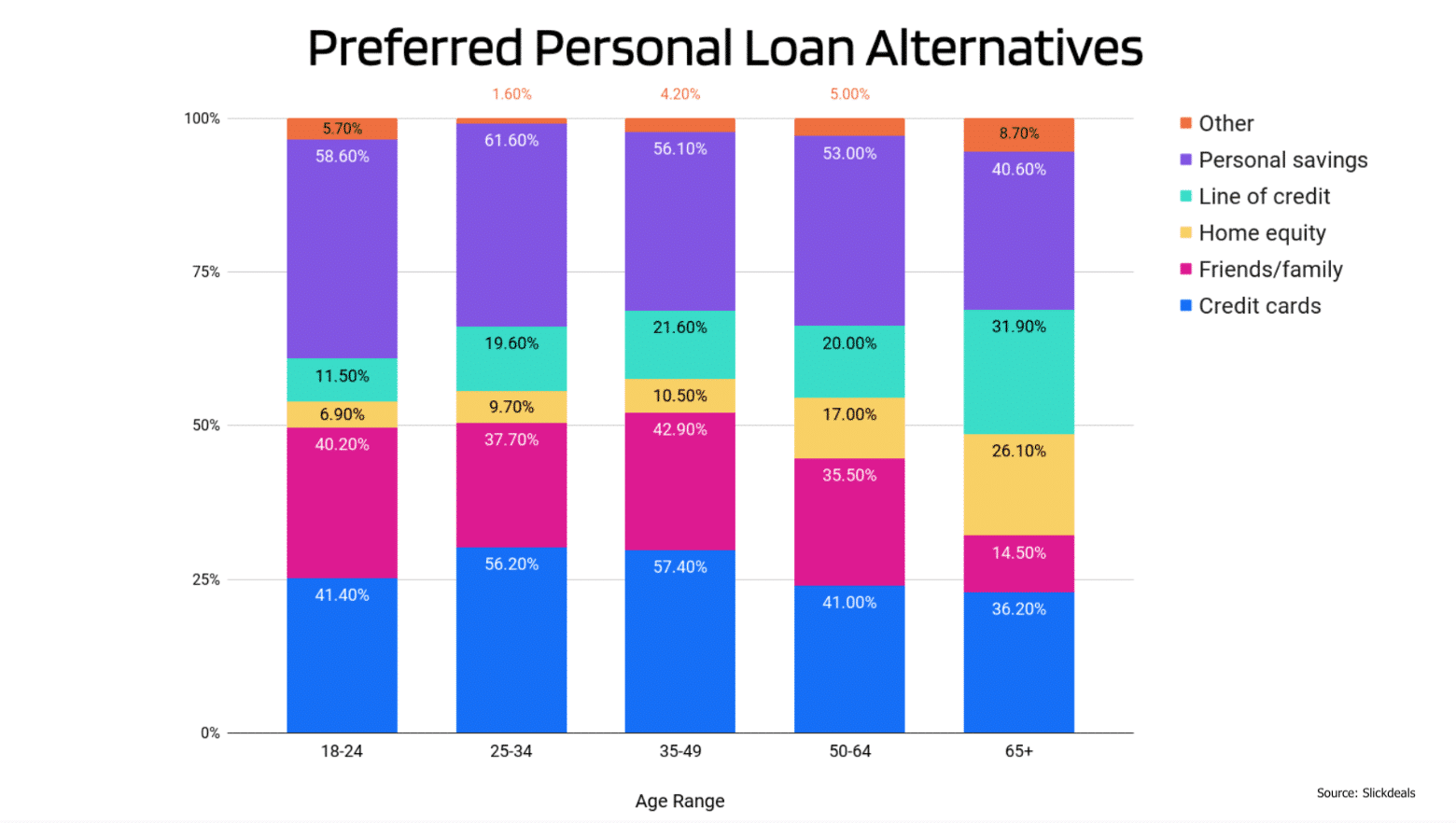Getting Approved
Before you apply it’s best to look over any requirements for borrowing. Ensuring that you meet any terms or requirements often saves you time in the long run. You should also know your credit score beforehand as it’s often a deciding factor.
Most lenders require a credit score close to 600 and may consider an application that is slightly below, but not by much. The lower it is, the less options you may have. If your score is too low, you might only be eligible for high interest loans with less favorable terms, which are best avoided.
Choosing the right loan amount can help with the application process. If you were requesting a large sum where it doesn’t look like the payments would fit with your budget, that may affect your chances of being approved. Additionally, the accuracy of the information you submit is also important.
In some cases, if your need to borrow isn’t urgent, it can be worth waiting before applying. An example being if your credit score were around 500 and most installment loan options had a minimum credit score requirement that was higher, you probably would not be approved by most. Improving your score in this case would improve your chances of being approved.
Another example of when waiting before applying might be considered is when you have too much debt that might affect your application. Taking the time to pay down that debt before applying can also prove to be beneficial for your application.














